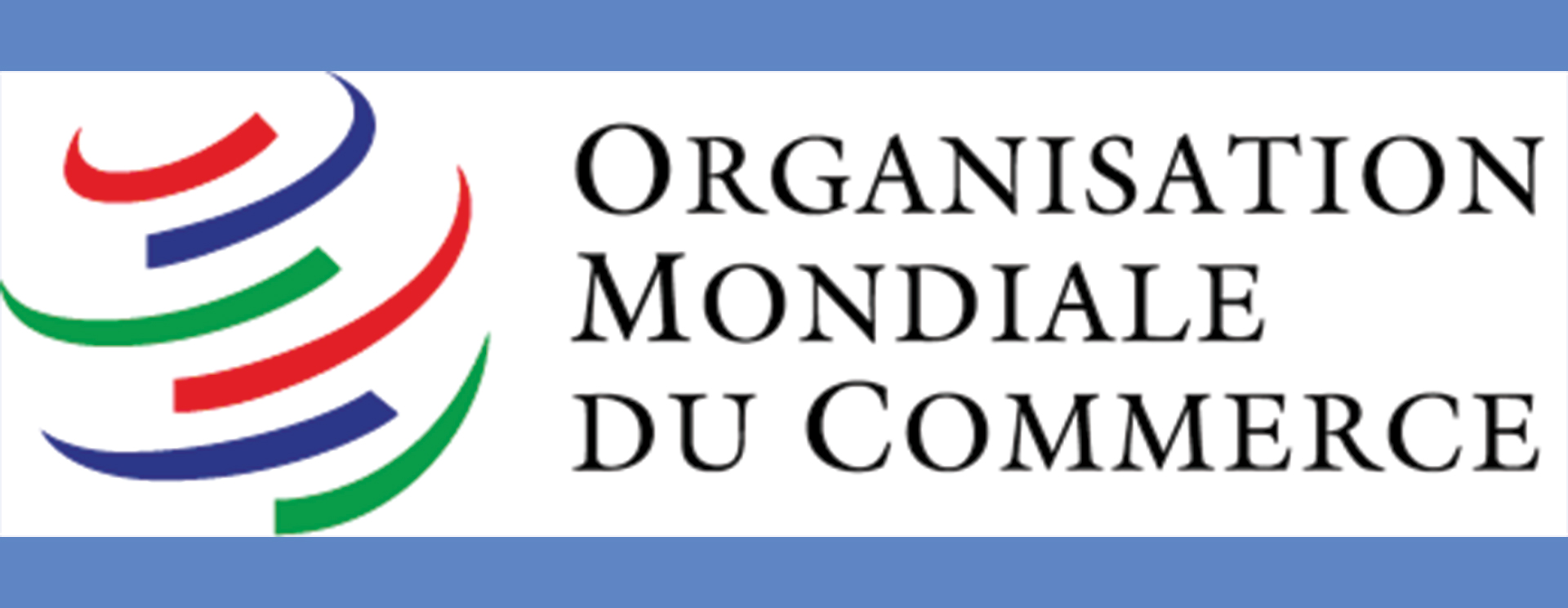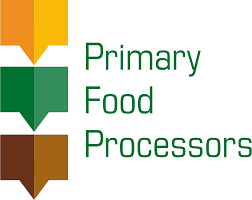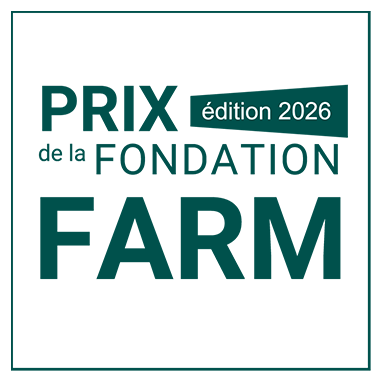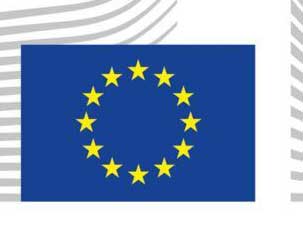Articles
Temps de lecture : 3 min
22/02/2022
A breath of fresh air in WTO?

The Doha negotiations launched in November 2001 being at a stalemate, and more recently the freezing of appointments at the WTO Dispute Settlement Body by President Trump’s administration, could have prompted people to think that the WTO was heading for a slow death. This was particularly short-sighted, when all past agreements apply to international trade relations and the modalities for support regimes in agricultural policies.
After President Joe Biden took office in January 2021 and Mrs. Ngozi Okonjo-Iweala was appointed as WTO Director-General in February 2021, international negotiations could resume in a very different geopolitical context than in the past two decades.
On December 2nd, 2021 67 WTO Members successfully concluded the negotiation on the “Services Domestic Regulation”[1]. China, the Russian Federation, the United States of America and all European countries are among signatories, all together representing 90% of world services trade. As underlined by the editorial of the February 2022 issue of the AMIS Market Monitor[2], this agreement could significantly improve food trade conditions as well as supply chains.
On a World Bank-IFPRI (International Food Policy Research Institute) seminar on February 2nd, 2022, Mrs. Anabel Gonzalez, WTO Deputy Director-General, welcomed the findings of the joint IFPRI-World Bank report[3] recommending a significant move in agricultural support to aim at both more productive and sustainable agri-food systems. “The report’s findings are a potential step change, not only in how we think about agricultural policies, but also in how we think about opportunities for trade cooperation to enable the transformation of agri-food systems” she said[4].
Under the ambitious title “Repurposing agricultural policies and support”, the authors of the report were keen to specify “options to transform agriculture and food systems to better serve the health of people, economies and the planet”. First, current public support to agriculture provides incentives for unsustainable production and consumption patterns, agriculture and land-use change being responsible for 22% of global green gas emissions (GHG). Second, current public policies deliver low value for money with a return of only 35% of the spendings to farmers. Third, simple reductions or rearrangement of current policies will not yield game-changing reductions in global emissions. Finally, policies encouraging yiled reductions to lower GHG emissions would result in harmful consequences. As a result, the authors propose to consider aa shifting of public support to to develop and adopt green innovations. Projections of the latters suggest that corresponding investments would raise productivity by 30% and could reduce agriculture and land use emissions by more than 40%, returning 105 million hectares of farm land to natural habitats.
In the end, it is a call to policymakers to analyze and re-think current policies, and better coordinate to address climate emergency and better meet nutritional and social needs. This report could encourage the European Union to proceed to critically review the 2023-2027 CAP and to make adjustments to the implementation of the Green Deal. Finally, this report would lead to a new approach of agricultural policies by the WTO, and consequently changes in the categorization of support in the amber, blue and green boxes. After an era dominated by the decoupling principle, this paradigm shift could make climate policy, agricultural policies and international trade relations more consistent.
[1] https://docs.wto.org/dol2fe/Pages/SS/directdoc.aspx?filename=q:/WT/L/1129.pdf&Open=True
[2] http://www.amis-outlook.org/fileadmin/user_upload/amis/docs/Market_monitor/AMIS_Market_Monitor_current.pdf
[3] https://openknowledge.worldbank.org/bitstream/handle/10986/36875/P17064300a6dea0db09c8b0cf6a1dfe8b8a.pdf?sequence=1&isAllowed=y
[4] Press release: https://www.wto.org/french/news_f/news22_f/ddgag_02feb22_f.htm





